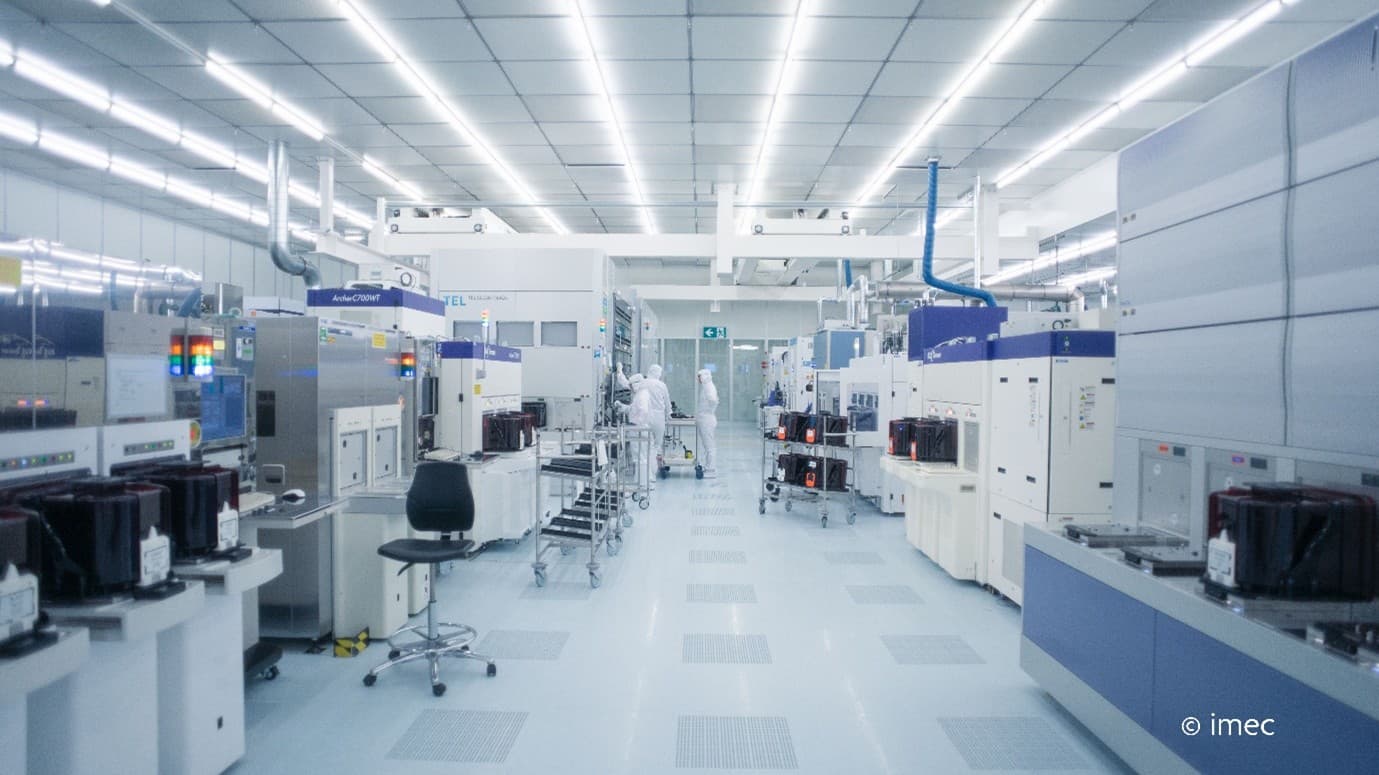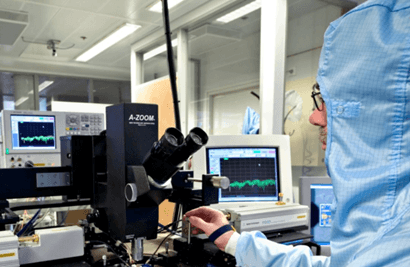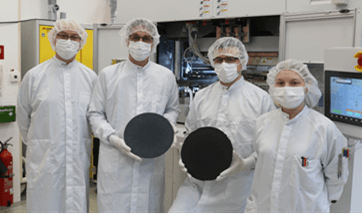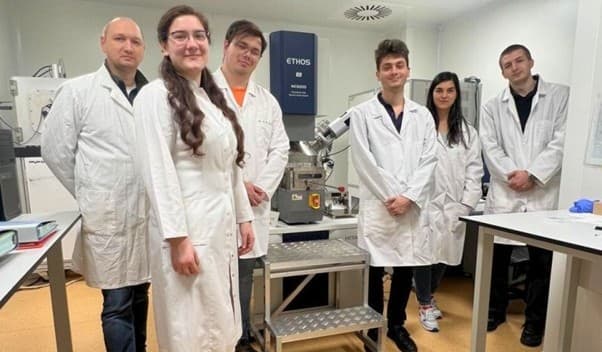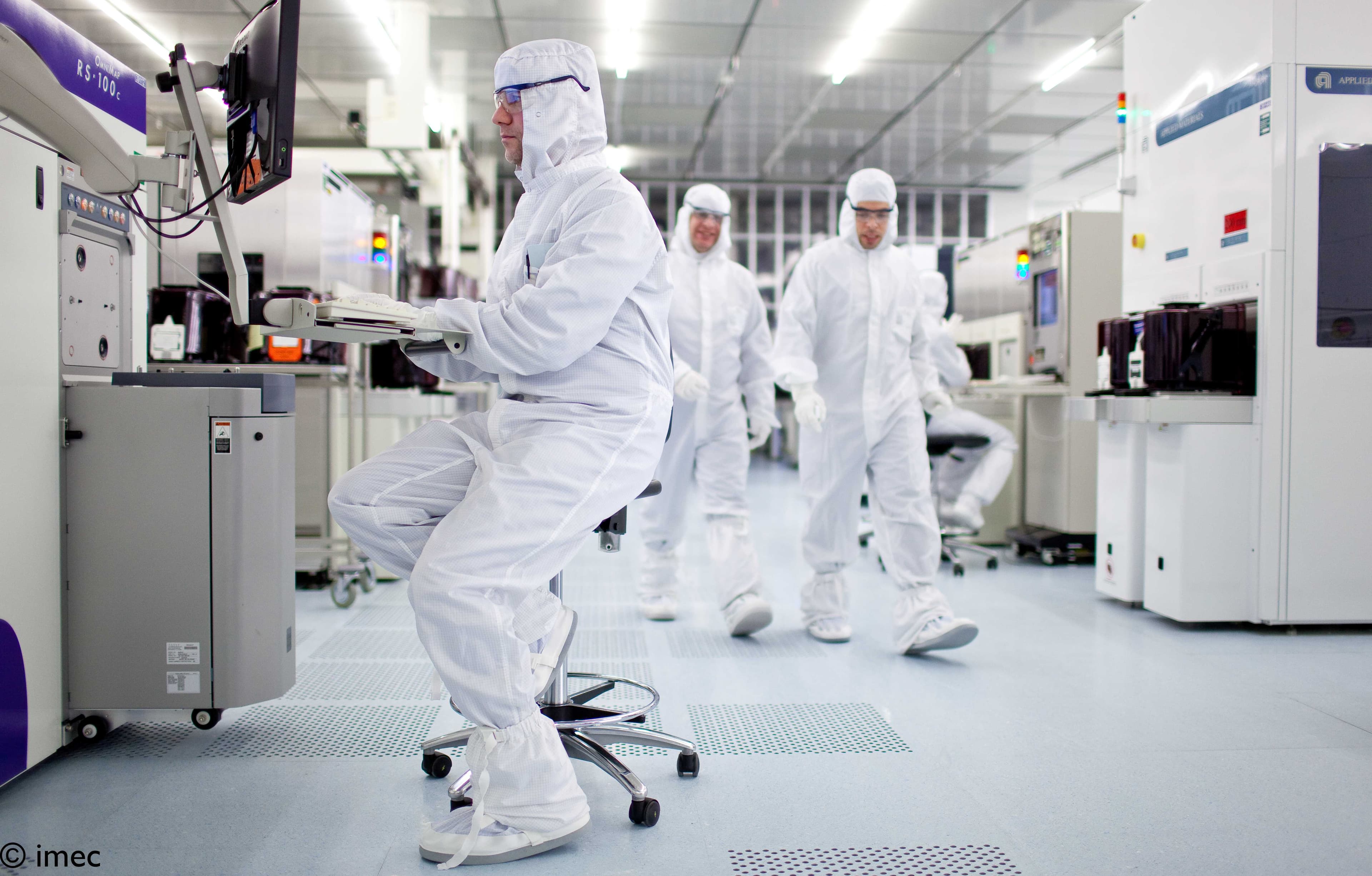Europe’s semiconductor industry is poised for rapid growth, driven by AI and digitalization. Yet, this momentum is threatened by a critical challenge: a widening talent shortage. According to the European Chips Skills Academy (ECSA), the sector will face over 271,400 job openings by 2030, with technical roles being the hardest to fill.
One of the root causes is a mismatch between academic training and industry needs. Graduates often lack hands-on experience with the tools and environments used in semiconductor fabs. Accelerating time-to-competence through better alignment between education and industry is therefore essential.
This is where the NanoIC pilot line steps in. By offering affordable access to advanced process design kits (PDKs) and hands-on training, NanoIC empowers students and startups to experiment with cutting-edge chip technologies, including sub-2nm nodes.
Beyond technical training, the broader challenge lies in attracting more individuals to semiconductor careers. Outreach programs, global recruitment, and inclusive work environments are vital to expanding the talent pool.
NanoIC supports these efforts by creating an inclusive, collaborative environment where global and local talent can thrive. Through strengthened partnerships between academia and industry, and by offering tangible tools for learning and innovation, NanoIC contributes to building the foundation of Europe’s deep-tech workforce.
Want to dive deeper into Europe’s semiconductor talent shortage? And how NanoIC plans to close the semiconductor skills gap?
Published on:
10 September 2025



